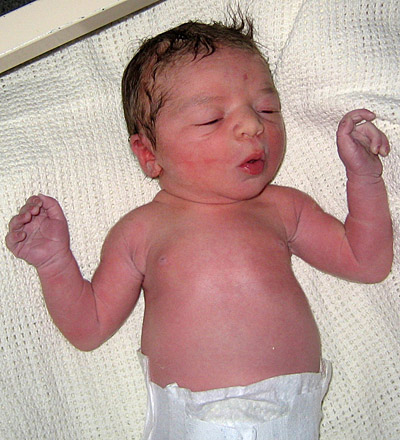

Our daughter, born October 2010
jump down to:
or go to:


Zoe was almost born in the car park. She was very quick with no complications. 6lb 9oz (2.98 Kg) with no sign of any cleft palate. Mum and baby doing well.
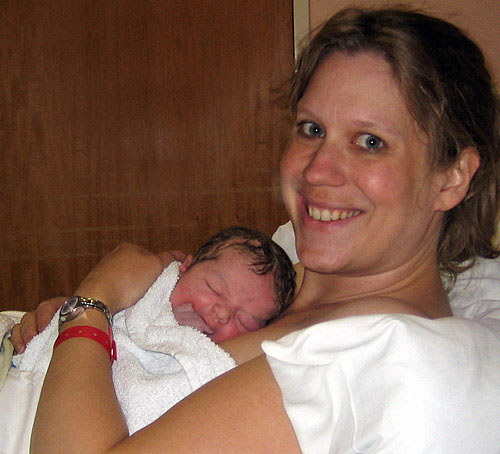
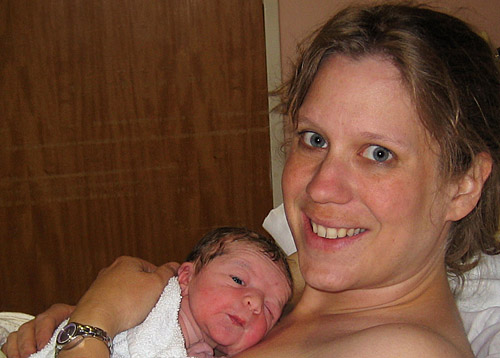



"Hello Zoe" video clip (56 seconds, 2.37 Mb, WMV format)
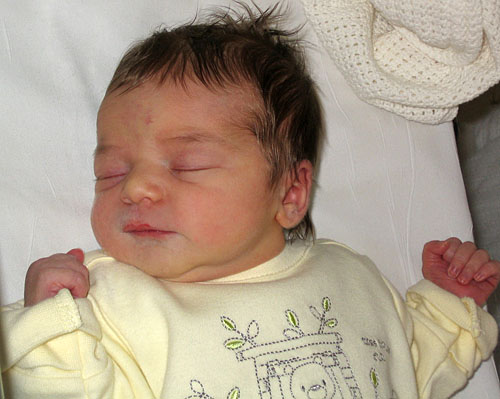



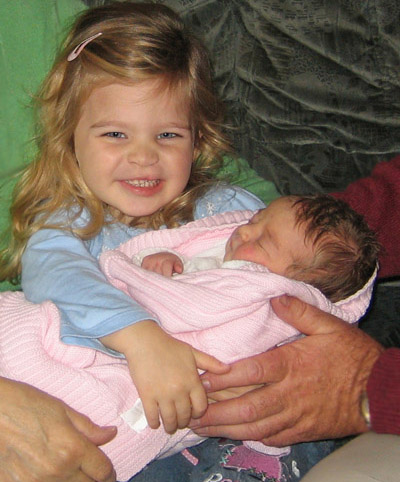
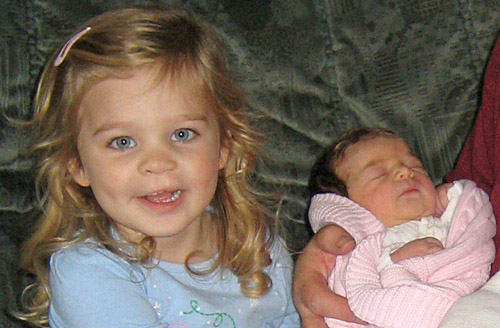
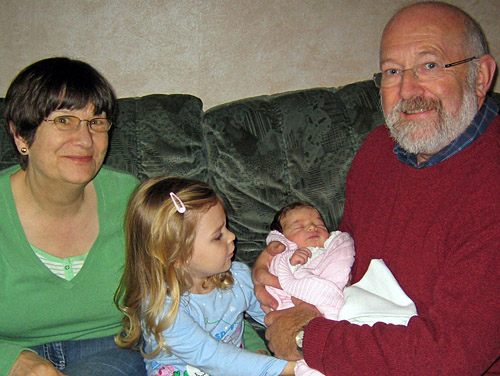
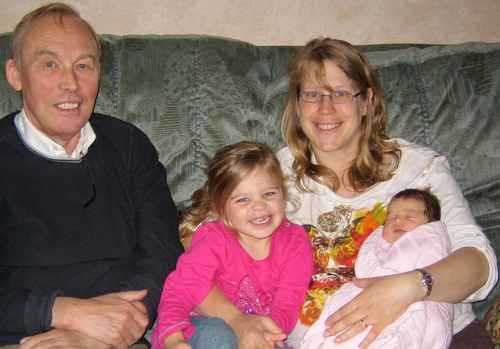
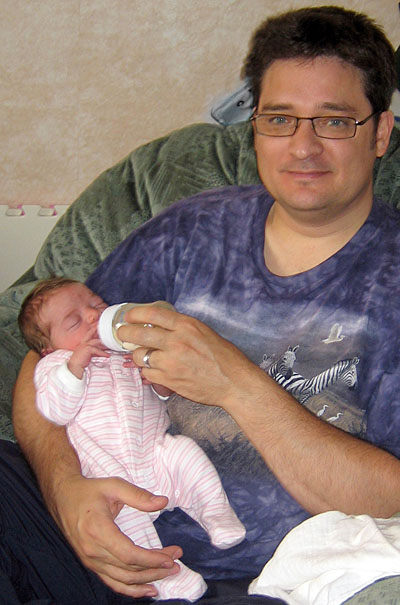
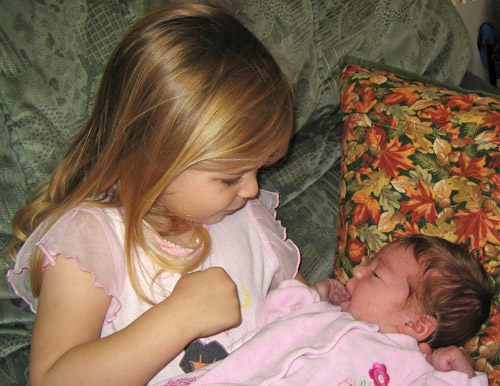

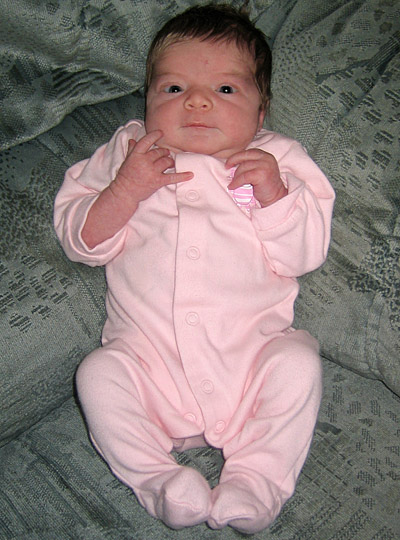
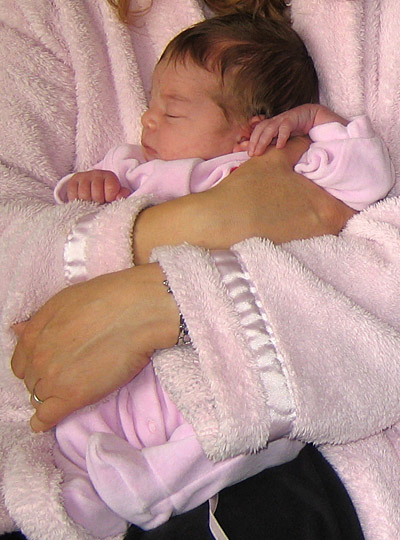

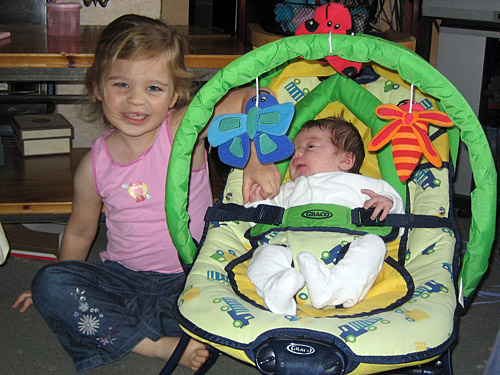
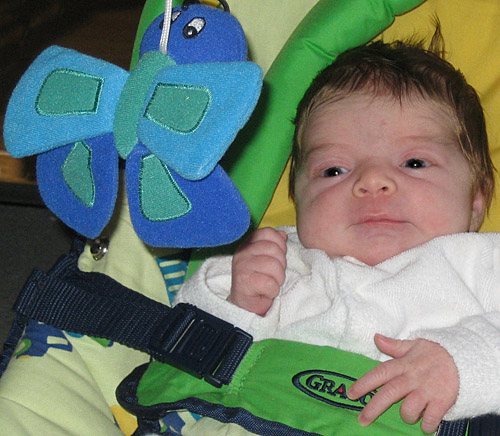
Zoe looking aroud video clip (20 seconds, 0.9 Mb, WMV format)
1st November 2010. Zoe has been diagnosed with bilateral, partial aniridia. This rare genetic condition means she has almost no irises and is sensitive to light. Her irises are underdeveloped and do not have the muscles required to contract and dilate. Her vision will be impaired with a possible lack of detail but we will only know by how much when she is able to tell us. There are a number of associated conditions which she may suffer from but there is no evidence of these at this time.
This condition is caused by an anomaly in the 11p13 section of the PAX6 gene. The genetic problem can be sporadic or familial. Unlike most genetic conditions, aniridia is autosomal dominant. Once present, it remains dominant and there is a 50% chance, with each pregnancy, that an aniridic will pass it on to their offspring.
4th November 2010: Today's consultant prefers the term, iris hypoplasia, and reserves aniridia for situations where the iris is completely absent. Zoe expressed her displeasure at having a light shone in her eyes and being prodded and held uncomfortably in her usual fashion of vocal protest but she soon recovered.
Zoe has a small, anterior, cataract in the centre of each eye which should not affect her vision. The consultant thinks she is already short sighted which can be corrected with (tinted) glasses when she is old enough. The rest of her eyes appear to be healthy with no identified problems with the retina or optic nerve.
She had a test to measure the inter-ocular pressure but this was inconclusive as expected with one so small and uncooperative. We will need to check this regularly. She may also need regular ultrasound scans for kidney tumours. The ophthalmology consultant will write to our genetics consultant at St Georges hospital in London for further recommendations and we are keen to pursue genetic analysis to determine the likelihood of further potential problems.
We are relieved to know that she will be able to see and are looking forward to some eye contact, recognition and smiles in the near future.
The Vision for Tommorrow foundation and Aniridia Network UK have more information on aniridia.
The Nystagmus Network have more information on nystagmus and Northwick bear is aimed at children.